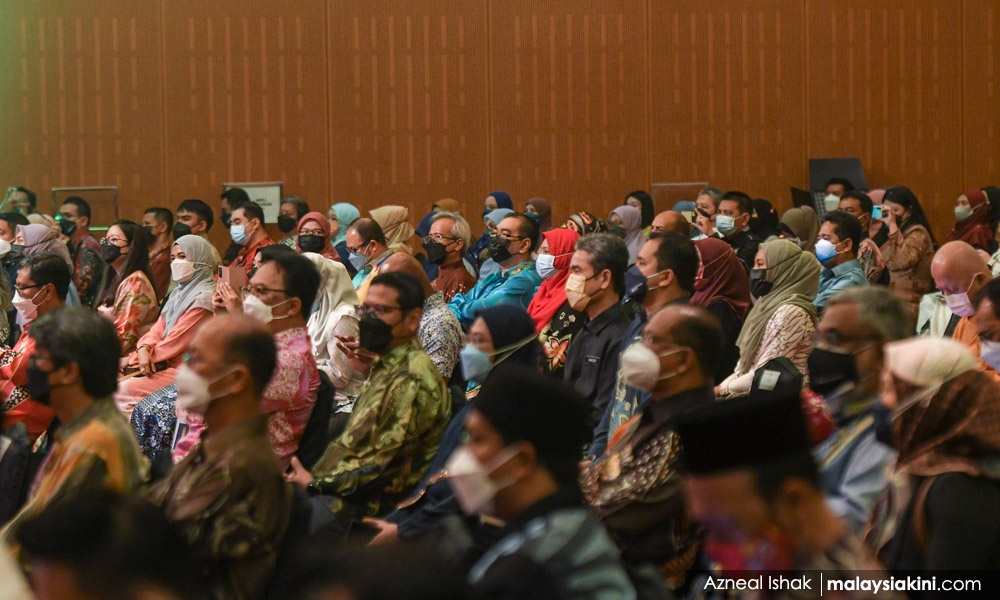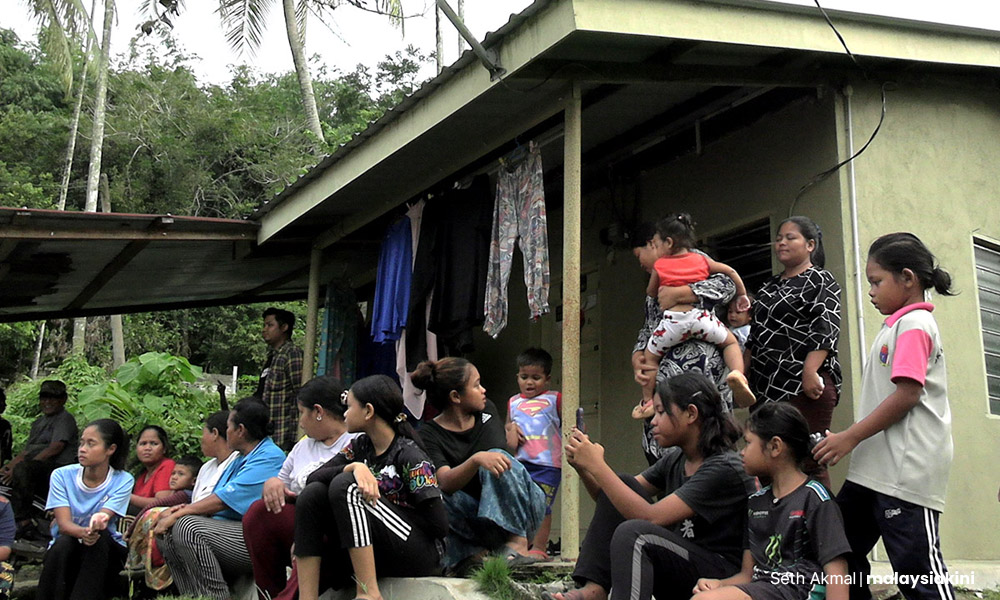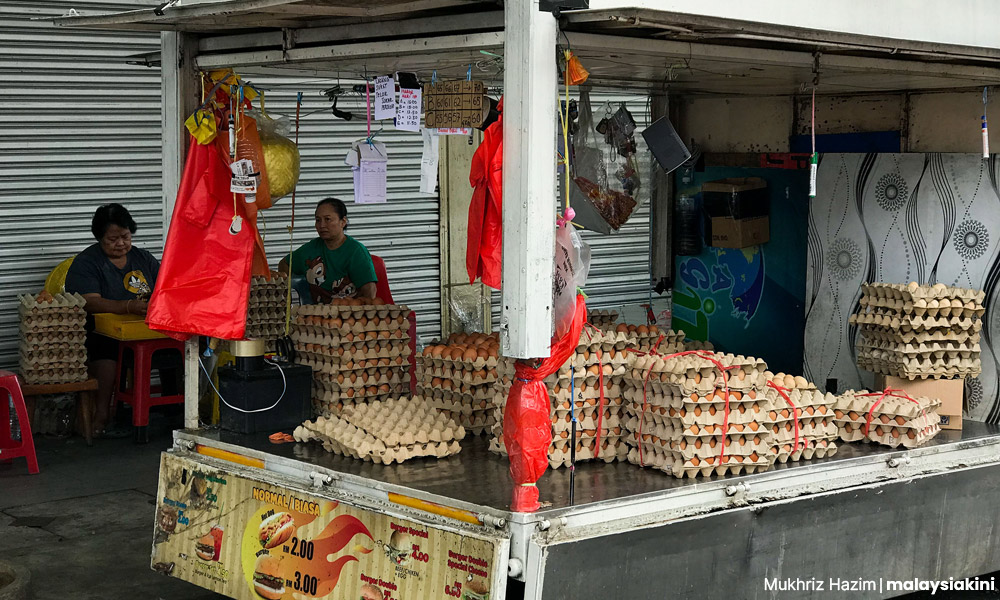INTERVIEW | Having been part of street protests against the Lynas rare earth plant and the excesses of former prime minister Najib Abdul Razak's government, Petaling Jaya MP Lee Chean Chung is sympathetic to the impatience of Pakatan Harapan supporters to see reforms take hold.
Lee served two terms in the Pahang state assembly representing Semambu after he obtained a Master’s in Public Administration from the Lee Kuan Yew School of Public Policy, National University of Singapore.
The first-time MP is pushing for a wide range of reforms during this government’s tenure and told Malaysiakini that while it may not be fashionable, he truly feels that reforming the civil service is a crucial step to turning the country around.
“I take all criticism with humility and an open heart. As a reforming government, it is our job to create higher expectations. It’s good that we have stability after the last five years.
“Even though this is a broader government, reform is not being fully neglected. We are still aiming high, even if we have to start by shooting low,” he said.
Lee said although the coalition government is stable, he concedes that it does dilute some of the aspirations that it aims for and the pace of reform is slower.
“Consensus within PKR is easy, but within Harapan is a bit more difficult, especially since it is a government that has a few coalitions, in the face of an opposition that keeps on playing up race and religion issues for political gain,” he added.
One fundamental area that Lee believes needs to be addressed is that of civil service reform.
“I don’t mean slashing jobs, but more towards human-orientated development. We have very old structures that don’t adapt well to the changing times, needs and technologies.
“We need to have better evaluation systems and place people according to their strengths, involving more retraining and upskilling programmes,” he said.
Reskilling civil servants
According to the PKR lawmaker, reskilling is a much-needed aspect of successfully achieving reformation in the civil service as Malaysia is an ageing society and needs more social workers.

Lee also suggests reskilling those with redundant tasks - enabling them to be more flexible - by applying it in parallel with a salary review.
“We can also build teamwork because quite often the greatest inertia and resistance to progress can come from your boss.
“A 360-degree evaluation might be good for a civil service that is overly top-down. I would also advocate cross-pollination between the private sector and government instead of the rigid structures we have now,” he added.
The PKR communications director said that Malaysia needs to look at this seriously, as the country’s civil service could be obsolete if it does not evolve.
“We need to learn from other governments and corporations with flexible models,” Lee argued.
Still on track
At the same time, he also reminded voters that the government was slowly working its way through a plethora of sweeping changes.
“We just got through the amendments to the Suhakam Act, giving the body more powers. We got through the progressive wage policy and earlier there was the move to remove the death penalty as a mandatory sentence. The overall programme is one that very few dare to take on,” said Lee, who also mooted anti-hate speech legislation.
Pointing to the death penalty reform, he expressed happiness that the coalition government reached this milestone especially as the country had a moratorium for the last few years.
“I know that abolitionists will want more, but at least now we will be reviewing over 1,000 death row cases. In the meantime, let’s look at conditions in prisons and detention centres, including for refugees,” he added.

Lee said that as a native of Pahang and former assemblyperson there, he was also aware of the challenges facing the Orang Asli population that should be addressed by reviewing the Orang Asli Act 1954.
“The rights of the Orang Asli community have been trampled on for too long. Land-grabbing is even worse here than in Sarawak as they are not entitled to Native Customary Rights.
“Poverty and landlessness are rampant and we need self–empowerment beyond the existing structures, like the Orang Asli Development Department (Jakoa), which can be part of the problem.
“Also regarding the community’s traditional practices, Islamisation efforts are fine, but simply having them convert is not an answer to community woes,” he added.
Lee also said that the administration is aware of the call for a range of institutional reforms including the separation of attorney-general and public prosecutor roles, recall elections, proportional representation, local council elections and the abolition of draconian laws like the Sedition Act and Security Offences (Special Measures) Act (Sosma).
When asked if he is confident of the administration’s economic policies and budget allocations reaching the masses, he noted that economic policies take time - which is why with the New Industrial Master Plan 2030, a roadmap for energy transition and developing small and medium-sized enterprises (SMEs) is needed.

“We need coherent, comprehensive, long term and colour-blind policies. We have many qualified people but we have to work within old structures.
“Take for example SMEs or welfare programmes - there can be an overlap of three or four ministries. I think we need to establish only a single ministry for it, otherwise, productivity will not rise,” he added.
Learning from mistakes
Lee said another critical factor when looking at reforms was understanding the background and the resistance to change.
“One very important thing is to dive deep and understand the history of it all. We need to look and learn from the dark eras like the communist era, the May 13 riots, Ops Lalang and even the lesser-known Taman Medan riots, which are in my area.
“If we sweep things under the carpet, how can we understand and appreciate each other? We need a new and different approach and not let past incidents continue to haunt us.
“Emerging leaders of the future must talk about issues such as these and understand each other better,” Lee concluded. - Mkini




No comments:
Post a Comment
Note: Only a member of this blog may post a comment.